

Nigerian, Ugandan Journalists compare notes on Oil Exploration, Exploitation
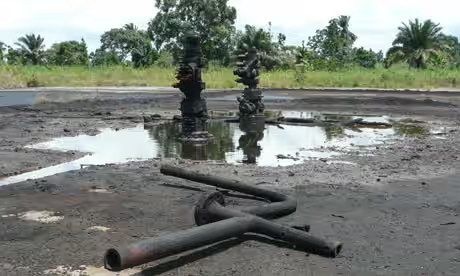
Nigerian and Ugandan Journalists has concluded a Knowledge and Experience Exchange Programme on the Environmental Impact of Oil Extraction facilitated by the Africa Institute for Energy Governance (AFIEGO).
The Virtual Interaction had Reporters from both Countries compare notes on reporting the impacts of Oil Exploration and Exploitation.
AFIEGO is a Public Policy Research and Advocacy Organisation.
It works with various Stakeholders to promote Human Rights, Environmental Conservation and Climate Action amidst Oil and Gas activities in Uganda and the African Great Lakes Region.
A Senior Communications Officer in AFIEGO, Diana Nabiruma, said the Forum aimed at strengthening Journalists to report the Human Rights and Environmental Risks of Oil Exploitation in Uganda amid Corporate capture.
She noted it was both imperative and essential for Journalists from Nigeria to share their knowledge and experiences since the Country had been ahead in Oil and Gas Production.
�We believe that you, Journalists from Nigeria, can offer insights on the Environmental, Social and Health impacts of Oil Activities in the Niger Delta,� Nabiruma said.
According to Nabiruma, Uganda, like Nigeria, has had its fair share of impacts from Oil Exploration Activities.
She observed that recently, TotalEnergies embarked on an Oil Pipeline Laying Project in the East African State, a Project said to have devastated thousands of People�s Livelihoods.
She quoted a Report by Human Rights Watch, which said that if completed, the East African Crude Oil Pipeline (EACOP) Project would ultimately displace over 100,000 People.
Nabiruma regretted that more than a dozen Ugandan Journalists had been assaulted and had their Equipment destroyed in trying to cover Oil and Gas Exploratory Issues in the Country.
During the Session, Participants shared their experiences and tips on handling obstacles and safety risks associated with Reporting Oil Pollution and the antics of Oil Firms.
They also spoke on the impact of Oil Companies� Activities in the Niger Delta Region and Uganda.
In his Presentation, Nathan Nwakanma, a Journalist with NAN, traced the Historical Journey of the Nigerian Oil Industry from the 1950s till date.
He noted that out of their hospitality, Host Communities of the Niger Delta embraced the coming of Expatriates for Oil Exploration without formalised Legal Procedures.
�Decades after the First Oil Well in the Otuabagi Community, Oloibiri District, where Oil was first struck in Commercial Quantities, dried up, the Environment and the People are still feeling the impact,� he said.
According to Nwakamma, regrettably Oil Fields are grossly underreported as most Media Houses lack the Resources to train and deploy Reporters near the Oil Fields for effective coverage.
He observed that Oil Companies employ �Divide and Rule� Tactics, leading to Inter/Intra Communal Crises as Communities struggle for marginal handouts from Oil Firms and lose sight of their Environment.
Obiabin Onukwugha, a Journalist with NatureNews Africa, pointed out the devastating effects of Gas Flaring on Communities.
According to her, Communities of the Niger Delta, especially Women and Children, have suffered devastating effects of Gas Flaring.
She listed the effects as ranging from eye defects, respiratory ailments, skin diseases, excess heat waves, low crop yield, biodiversity loss, and loss of adequate sleep, amongst others.
She said that more than ten years after the creation of the Hydrocarbon Pollution Remediation Project (HYPREP), under the Federal Ministry of Environment, nothing much had been achieved.
According to her, HYPREP, which was set up to clean up and restore the Environment in Ogoni, as a Pilot for the remediation of the entire Niger Delta Region, is yet to achieve the desired result.
Rachel Mugarura-Mutana of the African Centre for Media Excellence (ACME) spoke on �Tips for Navigation Media Capture when reporting on Extractives�.
Mugarura-Mutana noted the need for Journalists to recognise Players, Contractual Restrictions, Opaque Deals and Financial Influences of the State and the Oil Companies.
She explained that Corporate Capture involved a situation where Government Entities and large Corporations exert undue influence or control over Media Outlets, thereby shaping narratives, priorities and coverage of News and Information.
�The movement of Personnel between Government Regulatory Bodies and the Oil and Gas Industry can create a culture of cosiness.
�This weakens oversight and allows Industry Talking Points to dominate Media coverage,� she said.
She explained that the Media could continue the Campaign by educating the Public about Media Capture, developing a Support System, fact-checking and protecting their Sources.
Credit NAN: Texts excluding Headline


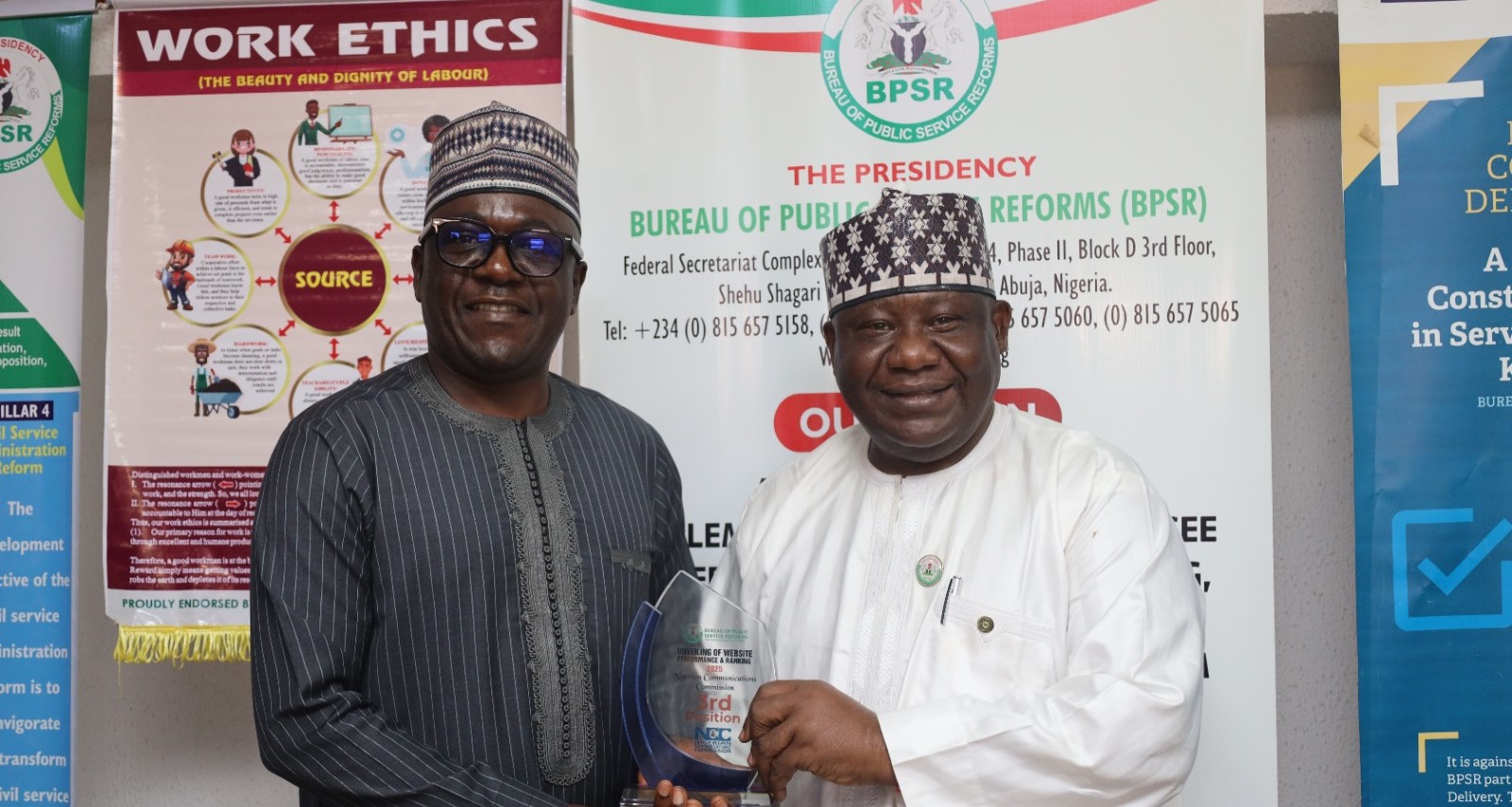

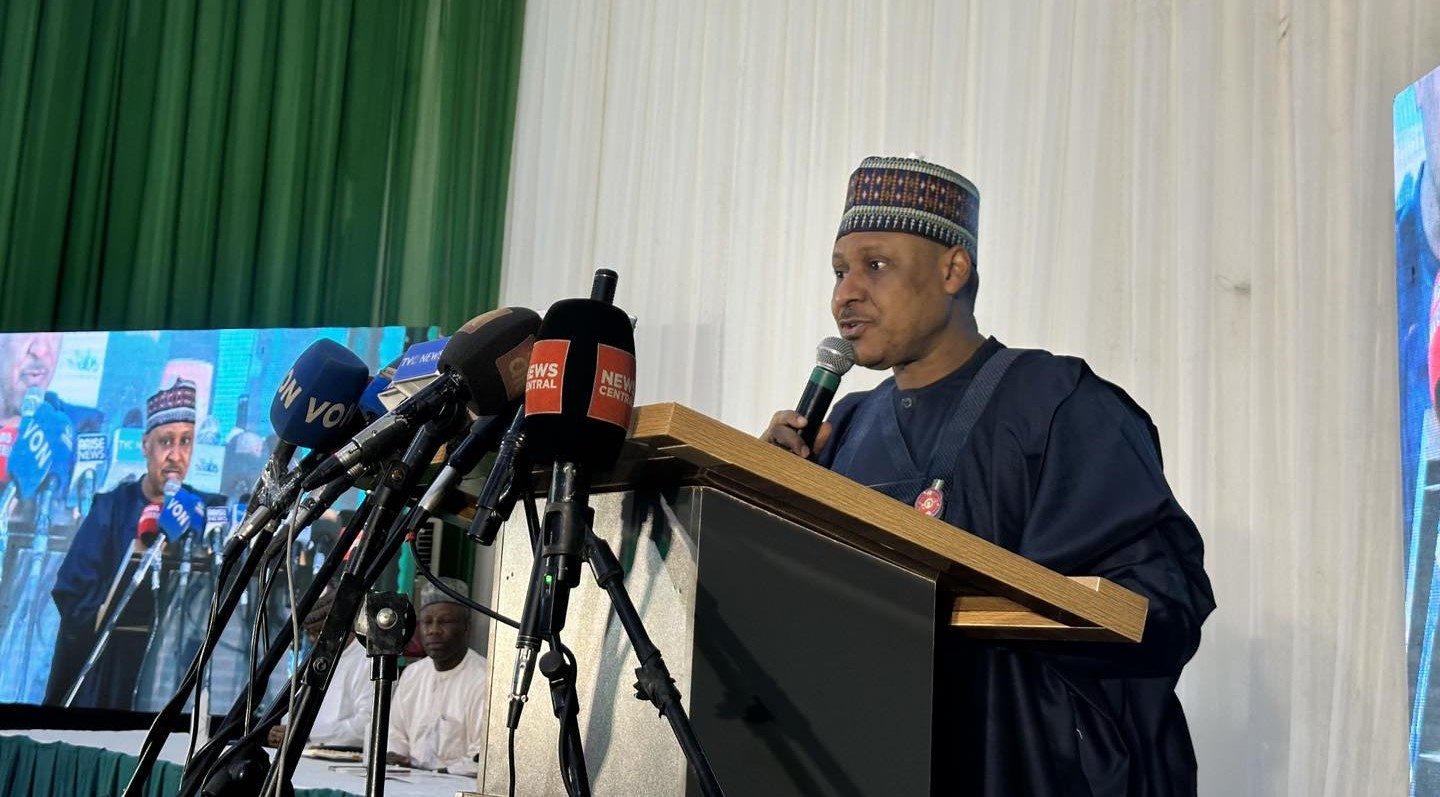
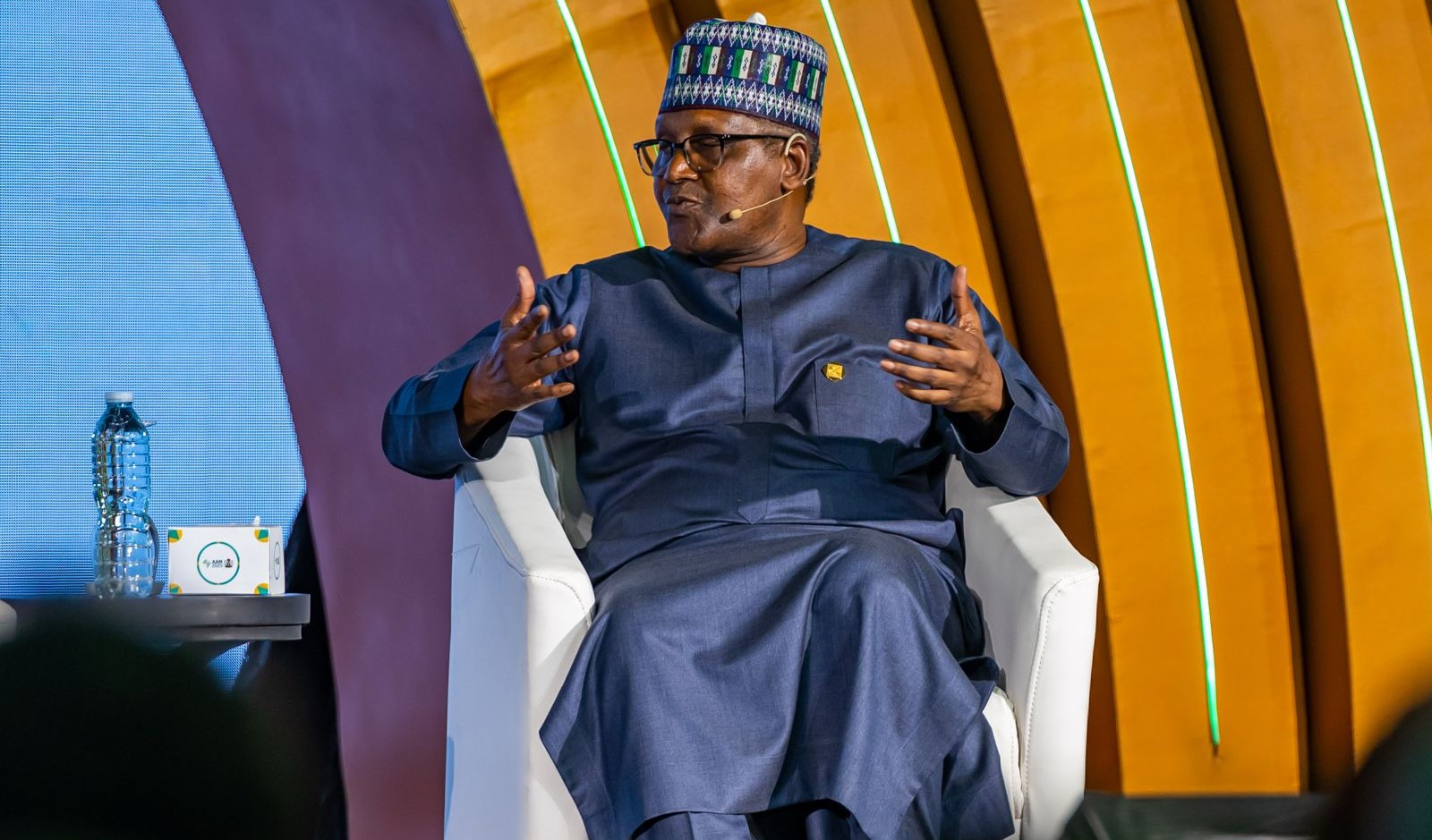
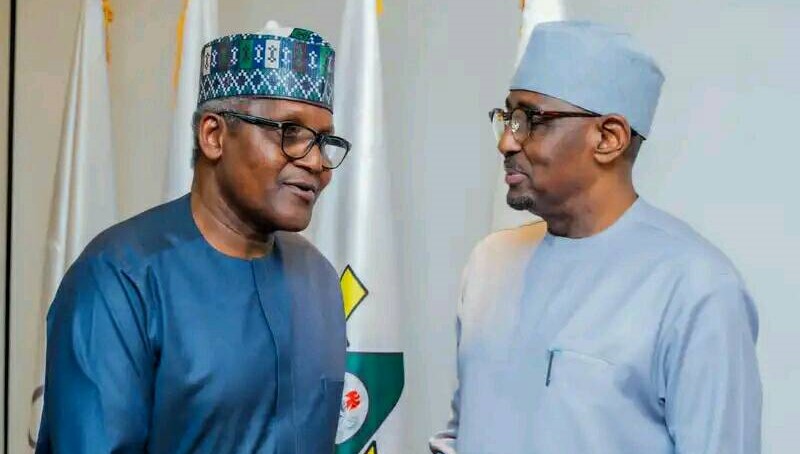
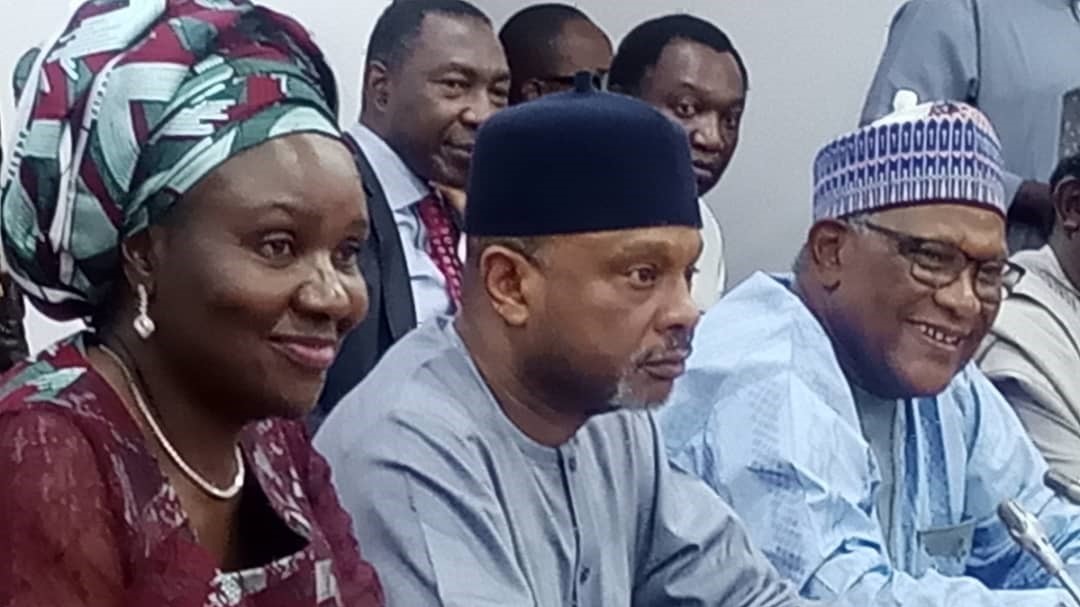
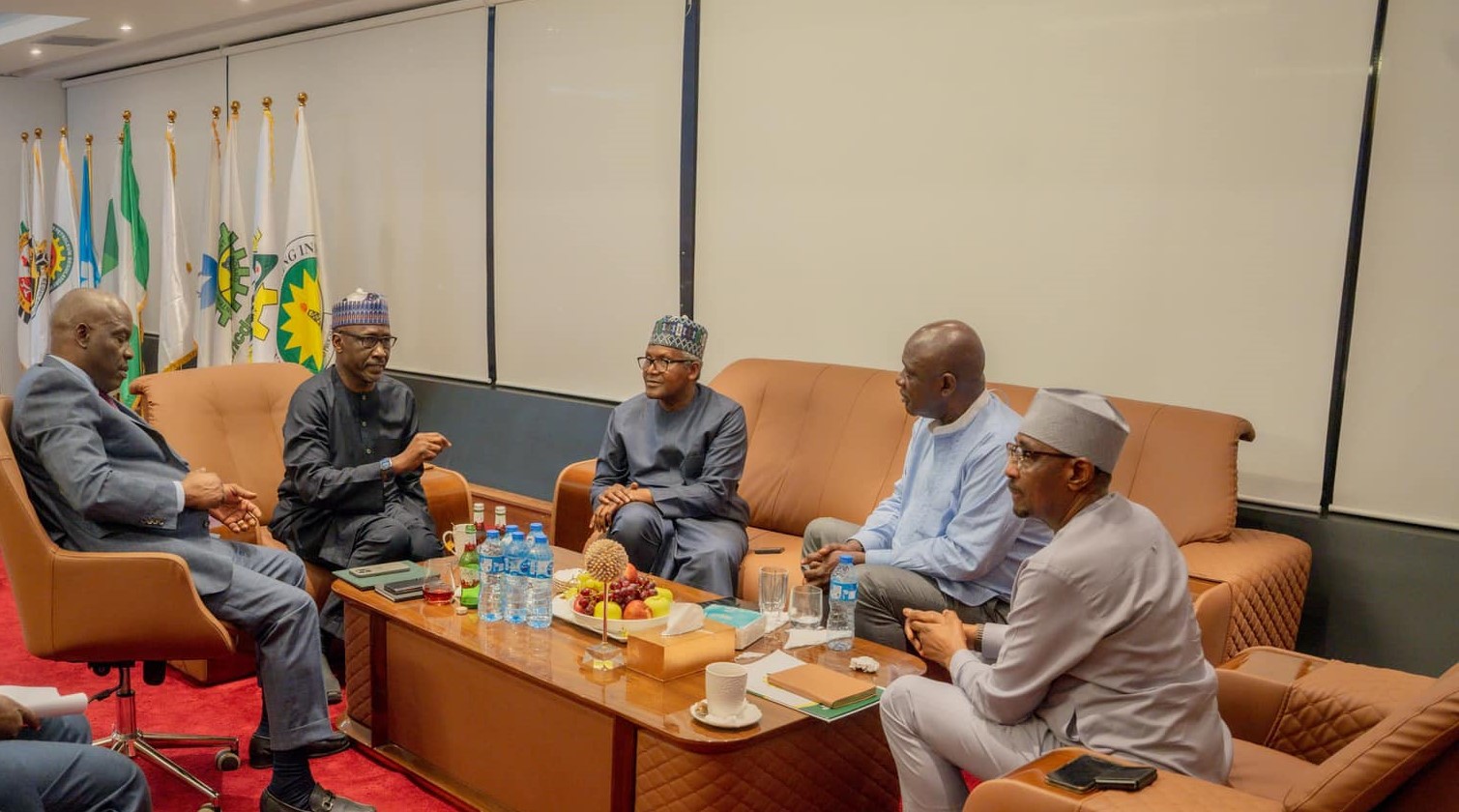
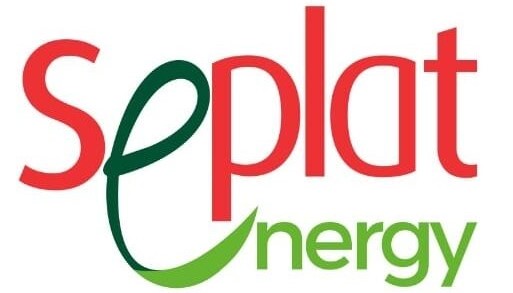
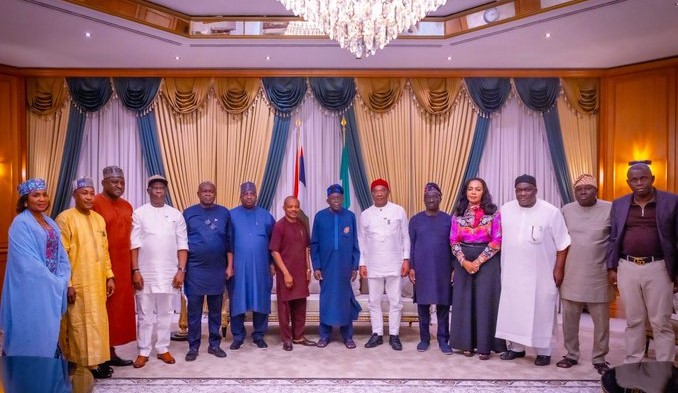
Comments
Be the first to comment on this post
Leave a Reply